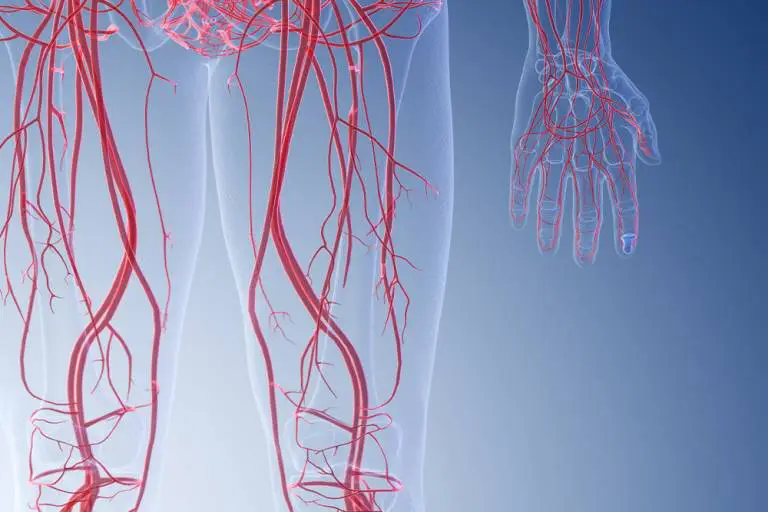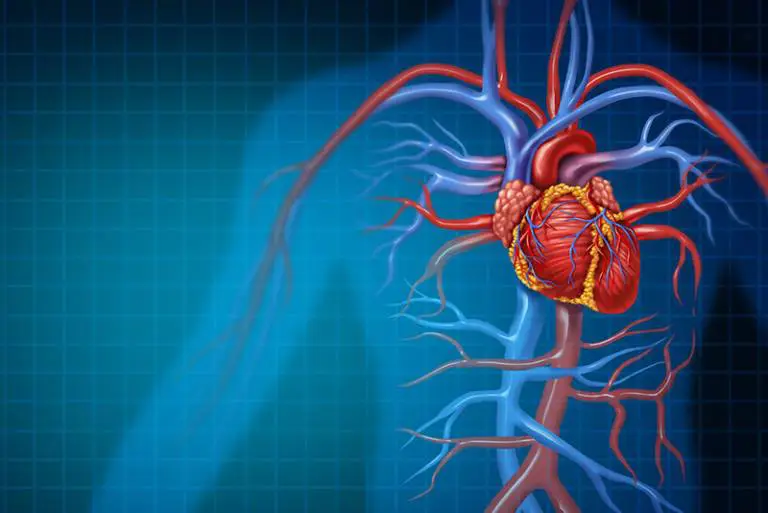
Peripheral Artery Disease
Peripheral Artery Disease
Peripheral artery disease, also called peripheral arterial disease or PAD, is a circulatory disease that occurs when blood flow to the extremities is compromised due to hardening of the arteries (atherosclerosis). As plaque builds up on the walls of the arteries feeding your legs, not enough blood can get through, causing symptoms like leg pain, numbness, and wounds that don’t heal.
Some people with PAD don’t have any symptoms at all. The most common symptom is pain in the legs while exercising (claudication). If you aren’t able to comfortably walk short distances or climb a flight of stairs, you may have PAD.
A more comprehensive list of PAD symptoms includes:
- Pain in the hips, thighs or calves when exercising
- Numbness or weakness in the legs
- Lack of sensation in the toes or feet (peripheral neuropathy)
- Sores on the feet that won’t heal
- One foot is colder than the other
- Shiny skin on the legs or change in skin color
- Hair loss or less hair growth on the legs
- Weak or missing pulse in the legs or feet (your doctor can determine this)
- Slowed nail growth
- Erectile dysfunction
Diagnosing PAD
PAD is usually quite easily diagnosed by comparing the blood pressure in your lower extremities with the blood pressure in the rest of your body. Your doctor can also check for other telltale signs of PAD, such as temperature differences between your right and left feet.
Despite the non-invasive nature of PAD testing, it is often missed or misdiagnosed. Sometimes the symptoms of PAD, such as numbness in the toes and feet, can be masked by conditions like peripheral neuropathy. If you are on neuropathy medications and are still experiencing numbness in your feet, the culprit could be PAD.
It is critical that PAD be properly diagnosed and treated because if atherosclerosis is present in your legs, it is also likely present throughout your body, putting you at risk for a serious cardiac event.
Treatment for PAD
The first line of treatment of PAD is a series of lifestyle changes designed to improve overall cardiovascular health and reduce further plaque buildup in the arteries. This includes quitting smoking, adopting a healthy diet, and exercising regularly. It may also involve medications to address cholesterol, diabetes, or other health conditions that are contributing to PAD.
Patients with advanced PAD often have wounds on their feet and legs that don’t heal. Small nicks, cuts or trauma to the feet or legs, which would easily heal in a healthy person, are not able to heal due to compromised blood flow, allowing the injuries to develop into larger wounds which can lead to infection and, eventually, the need for amputation. When PAD has advanced to this state, the patient is diagnosed with Critical Limb Ischemia (CLI).

Treating PAD with endovascular revascularization
Our goal is to prevent amputation for patients with PAD and CLI by improving blood flow to the legs and feet with a minimally invasive procedure called endovascular revascularization. A CORA interventional radiologist uses special tools and techniques to clear plaque from diseased arteries in the lower extremities and to widen blood vessels narrowed by atherosclerosis.
Benefits of endovascular revascularization include:
- Patients who cannot undergo surgery due to poor health or other comorbidities can usually safely undergo revascularization
- It is minimally invasive and performed right in our office
- There are no stitches and very little downtime
- Patients experience almost immediate relief
- Relieving symptoms of PAD in the feet and legs allows patients to become more active
- It can help avoid amputation


GARRETT SCHROEDER, MD
Vascular Interventional Specialists

BENJAMIN ENGLISH, MD
Vascular Interventional Specialists

CASEY CURRAN, MD
Vascular Interventional Specialists

DANA MANN, MD
Vascular Interventional Specialists

Leonardo Campos, M.D
Vascular Interventional Specialists

Ande DeMarco
PA-C Physician Assistant
